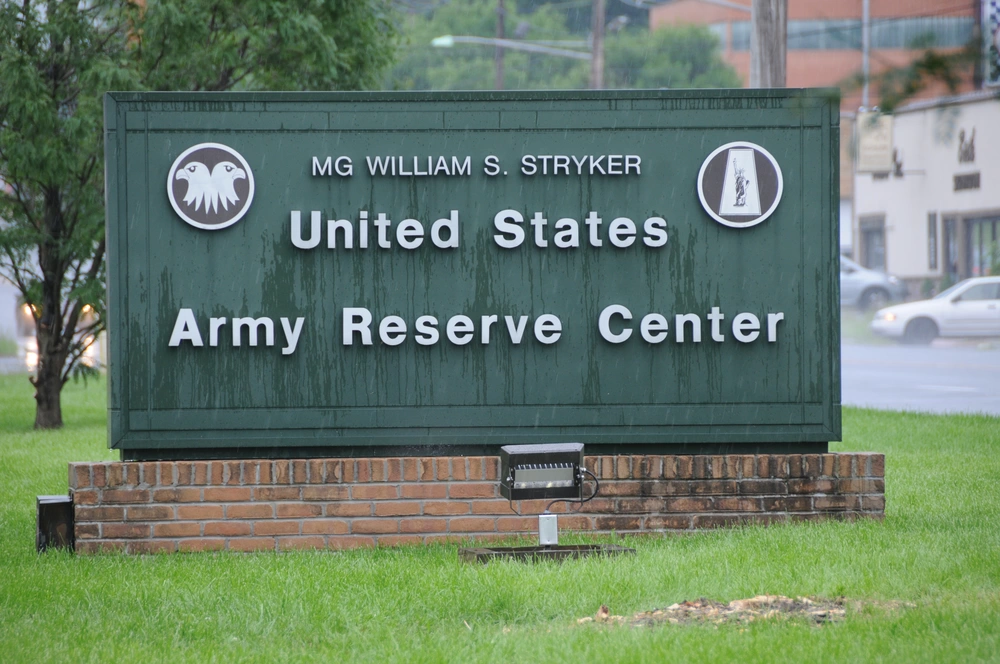IDT Travel Reimbursement for Guard and Reserves

National Guard and Reserves’ IDT Travel Reimbursement and Tax Deduction
For soldiers in the Reserves and National Guard, the cost of traveling to and from Inactive Duty Training (IDT) every month can add up. Many live long distance from where their unit is located, some even traveling by plane for drill. It is not always easy to transfer units, as some military occupational specialties (MOS) have limited available slots. Since Reservists and those in the National Guard often need to work full-time civilian jobs, this may require them to move from where they originally enlisted or from where they had found an available MOS slot.
Who Gets Reimbursed for IDT/Drill Travel Costs?
For those in the Reserves, each branch and unit may have different rules for travel reimbursement. Below are some travel reimbursement resources for each branch, but be sure to check with your individual unit before submitting any requests. For all IDT outside of the normal commuting distance, or 150 miles, the maximum allowed reimbursement authorized by the DOD is $500.00. This was increased in 2018 from $300.00. (See the DOD memo PDF with the updated changes here.)
- Air Force Reserves: You can find detailed information on qualifications, as well as submit your travel reimbursement request here. This link also includes voucher processing status updates, travel guides, details on booking flights, and contact information.
- Army Reserves: I was unable to find more specific resources for IDT reimbursement. The Defense Finance and Accounting Service (DFAS) provides reimbursements and travel voucher submissions for Permanent Change of Station (PCS) and Temporary Duty Travel (TDY), but makes no mention of IDT. I would recommend checking with your unit, as the maximum of $500.00 round trip reimbursement should still apply, if you qualify.
- USMC Reserves: Eligibility details, including eligible ranks and MOS, authorized exceptions, detailed reimbursement guidelines, and contact information is available here for the 2020 Fiscal Year.
- Navy Reserves: There is no reimbursement for travel from a member’s permanent residence to their permanent IDT location. Reimbursement is available for IDT assigned at alternate locations, and the allowance limitations are detailed in this PDF.
- Coast Guard Reserves: Members and officers are not authorized a substance allowance for travel to and from their normal IDT site. The PDF, including contact information and other references, for this information can be found here, updated April 2020.
As stated above, I was not able to find specific resources or information for IDT reimbursement for those in the Army, and this of course applies to those in the National Guard. In contrast to the Reserves, the National Guard is state-run, and therefore may have even more variance between units regarding reimbursement rules and eligibility.
What If I’m Not Eligible or Never Receive a Reimbursement?
Ideally every soldier would be paid within a reasonable time for thier travel costs, but for various reasons this may not be the case. You also may not be eligible, for example if you live outside the 150-mile radius, or you may not want to deal with the potential hassle of sending in reimbursement requests. In any of these situations, you should be deducting travel costs from your taxes.
What National Guard/Reserve Travel Costs Can I Deduct From My Taxes?
According to the IRS, for those in the National Guard and Reserves, in order to deduct travel expenses from your taxes your expenses must not be reimbursed, travel must be overnight, and your destination must be more than 100 miles from your home. Expenses that qualify must be “ordinary and necessary,” and these may include:
- Air, car, train, bus, or car travel from your home and your business destination
- Taxi fares
- Baggage shipping
- Driving your car or rental while at your business destination
- Lodging
- Non-entertainment-related meals
- Dry cleaning and laundry
- Any tips associated with the above expenses
- The IRS also lists “other similar ordinary and necessary expenses related to your business travel”
National Guard and Reservists’ travel tax deductions are limited to the regular federal per diem rate for lodging, meals, and incidental expenses (you can find per diem rates here for each state and city). Deductions are also limited to the standard mileage rate for car expenses (the 2019 standard mileage rate for business use is 0.58 per mile), plus parking fees and tolls.
RELATED: Basic Training for Taxes for Military
How Do I Claim These Expenses?
In order to claim these expenses, you will need to fill out the IRS Form 2106, and detailed instructions for this form are located here. You will also need to report these on Form 1040 or 1040-SR as an adjustment to income.
Do I Have to Keep Records of My Expenses?
As with any source of income or deductible expenses, you should keep all receipts of purchase and prepare a written record of all deductions. This PDF published by the IRS gives detailed recordkeeping guidelines in Chapter 5, page 24. It also gives further detailed information on business related travel expenses, non-entertainment-related meals, gifts, and transportation.
List of Resources
- DOD memo from 2018 increasing maximum travel reimbursements: Link
- Air Force Reserves Travel Resource: Link
- USMC Reserves IDT Travel Resource: Link
- Navy Reserves Order Processing and Travel Arrangements: Link
- Coast Guard Reserves IDT Subsistence Allowance: Link
- IRS, Topic No. 511 Business Travel Expenses: Link
- IRS, Form 2106 Instructions: Link
- IRS, Travel, Gift, and Car Expenses Publication: Link
- Federal Per Diem Rates: Link
RELATED:
- The Defense Travel System (DTS): An Overview
- Space A Travel: Everything You Need To Know
- National Guard Benefits Access Enabled With Extended Orders
About the author
Julie Provost is a freelance writer, and blogger. She lives in Tennessee with her National Guard husband and three boys.


